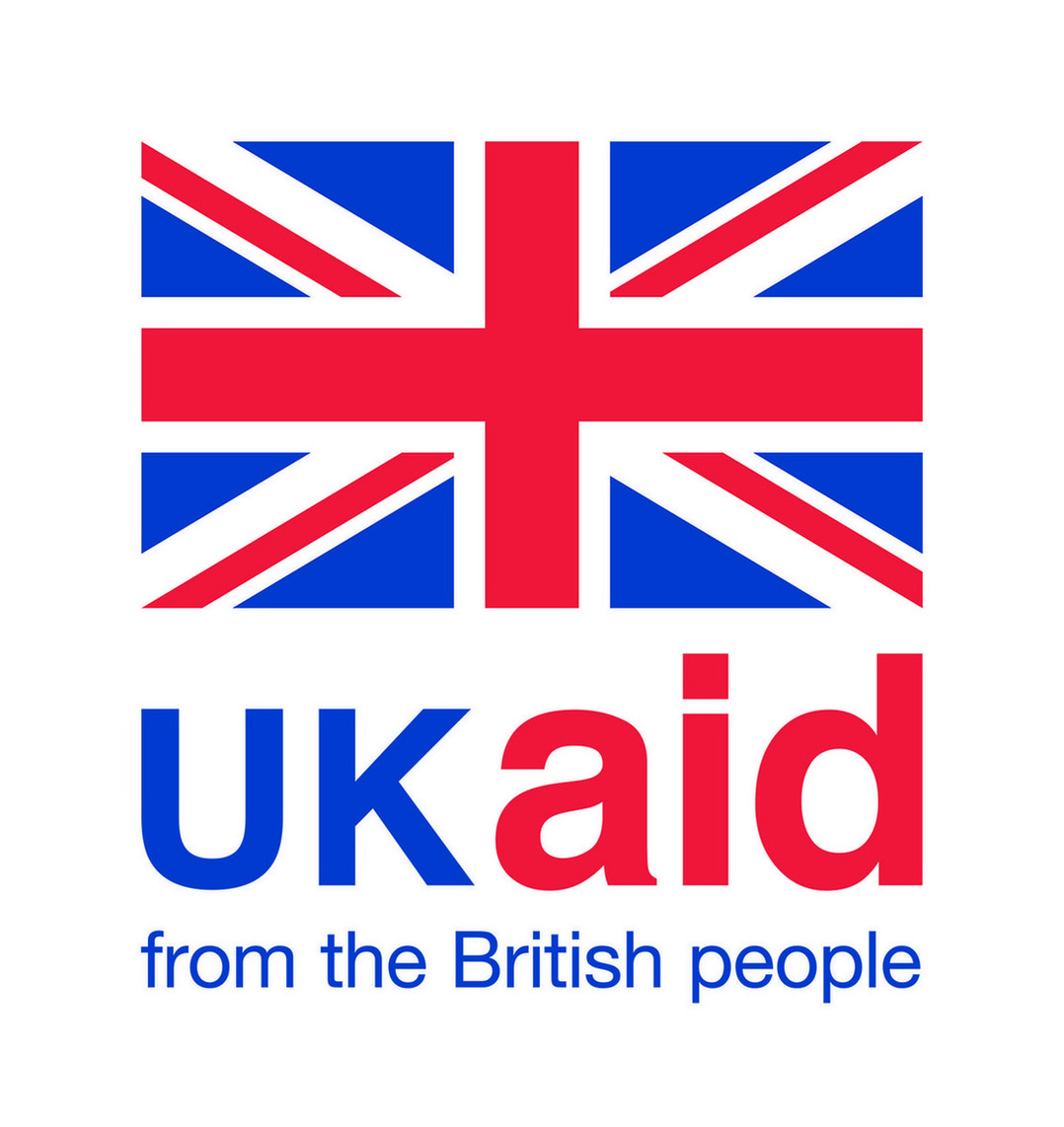This blog was co-authored by Matthew Wilson and Sophie Pitcher.
In a world that is being transformed by innovation and automation, Sustainable Development Goal (SDG) #5 recognises that persistent gender inequalities are holding back many women and girls and depriving them of basic rights and opportunities. Today marks the International Day of the Girl Child. A day to reflect on the challenges that cause many women and girls to be socially, politically and digitally excluded, but also a day to promote initiatives and opportunities that are helping the international community achieve gender equality, including equal access to identity. As the GSMA has previously highlighted, empowering a woman or girl with official and recognised forms of identification not only strengthens her individually, it also fortifies her family and contributes to the social and economic welfare of her wider community.
A new initiative
Earlier this year, we were delighted to announce that the GSMA’s Digital Identity programme would be participating in the Commonwealth Digital Identity Initiative, which will help to provide access to a digitally enabled identity for women and girls across the Commonwealth. The initiative is being supported by the UK Department for International Development (DFID) and the Australian Department of Foreign Affairs and Trade (DFAT), in partnership with the World Bank and Caribou Digital.
Although there is currently a deficit of gender-disaggregated data relating to access to identification, it is presumed that of the one billion people in the world who are unable to prove their identity, a disproportionate number are women and girls. The absence of identity documents is both an effect, and the cause of, prevailing gender inequalities that a girl and later a woman will experience. In Afghanistan, for instance, women must submit their father’s identity card, called a ‘takzira’, as part of their own ID application process, making it impossible for a woman to obtain proof-of-identity without the support and permission of her family. Barriers such as this make young women less likely to enrol in secondary education, participate in politics, access formal employment or own a mobile phone.
For young girls, a birth certificate is a vital assertion of their existence in society. Birth registration can help facilitate access to a number of vital services, including healthcare, early education and social protections, and it can also act as a safeguard against early marriage. Data from UNICEF indicates that girls in at least 62 countries are less likely than boys to be registered before the age of five. Not surprisingly, the ten countries with the highest gender gaps in birth registration are all ranked in the bottom third of the UNDP Gender Inequality Index (GII), indicating that girls are likely to face disparities in birth registration in environments where they, as women, are less empowered or less able to participate in the workforce. In Pakistan and Somalia, some parents do not feel compelled to register their daughters, due to the fact they do not expect them to engage in public life in any meaningful way. In parts of India, families are known to prioritise the registration of boys over that of their girls, especially where there is a mind-set that girls are ‘paraya dhan’ or ‘belonging to others’. Under this mindset, an investment in a girl’s future is viewed as a waste of resources due to the fact that she will one day be married into a new family.
How is the Commonwealth Digital Identity Initiative working towards achieving equality?
As more and more governments move towards establishing national identity programmes, opportunities will emerge for MNOs to leverage their existing assets and identity-related services to provide women with greater access to official identity as well as relevant, identity-linked mobile services. Through the Commonwealth Digital Identity Initiative, and with guidance from GSMA’s Connected Women programme, our team is working to advocate, chart new pathways and expand existing opportunities in digital identity ecosystems. For instance, we hope that our work will empower more mothers to play a role in the birth registration process with the hope it will increase registration of girls, especially where mobile services can be leveraged. Throughout the initiative we will be working with mobile operators, Commonwealth governments and the development community to demonstrate opportunities, address the barriers and highlight the value of mobile as an enabler of digital identification.
*Since 2013, Tigo Tanzania has successfully registered 2.7 million births and the service has now been rolled out in 11 regions.
In the coming months, we’ll also be conducting new research across the Commonwealth that will help us understand the specific barriers that need to be considered and addressed to ensure that mobile-enabled digital identity is inclusive of, and benefits women and girls. We look forward to sharing new insights from Nigeria, Rwanda, Uganda, Zambia, Malawi, Sri Lanka, and Bangladesh in early 2019.
This initiative is currently funded by the UK Department for International Development (DFID), and supported by the GSMA and its members.


